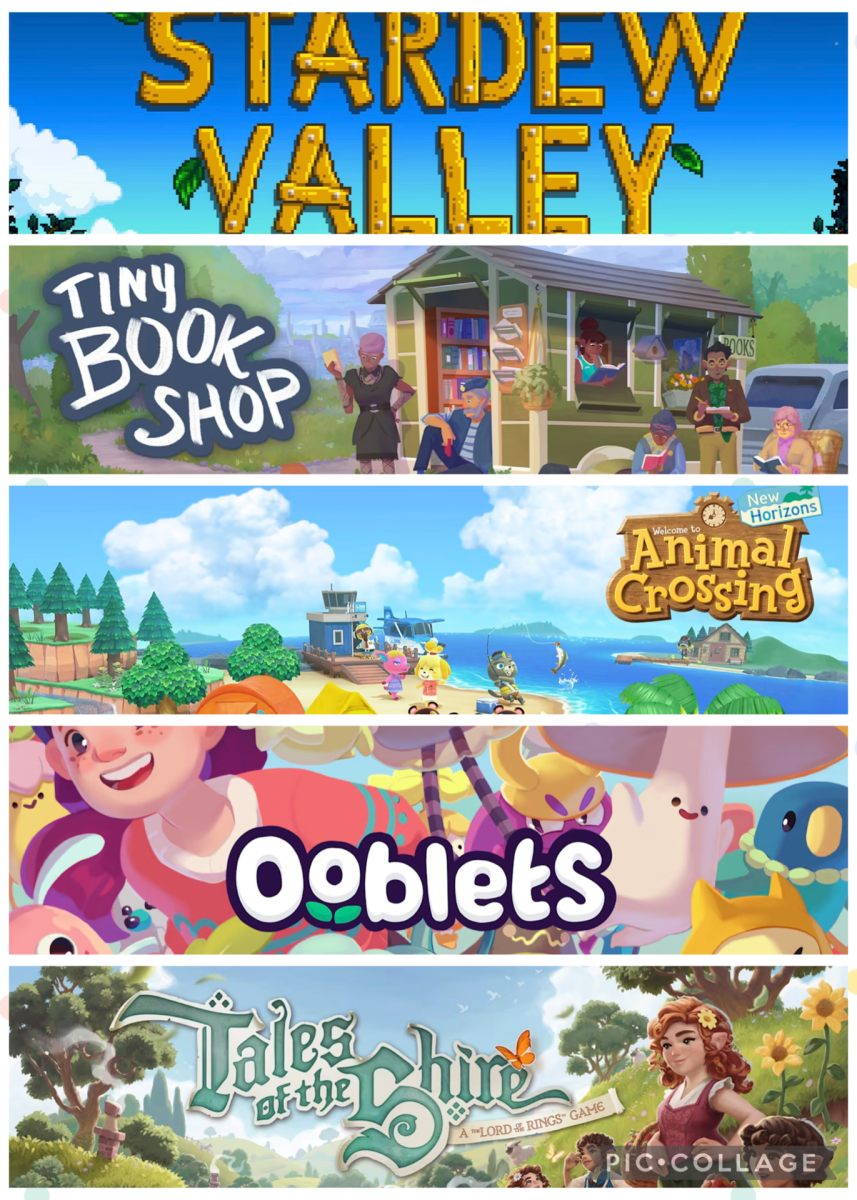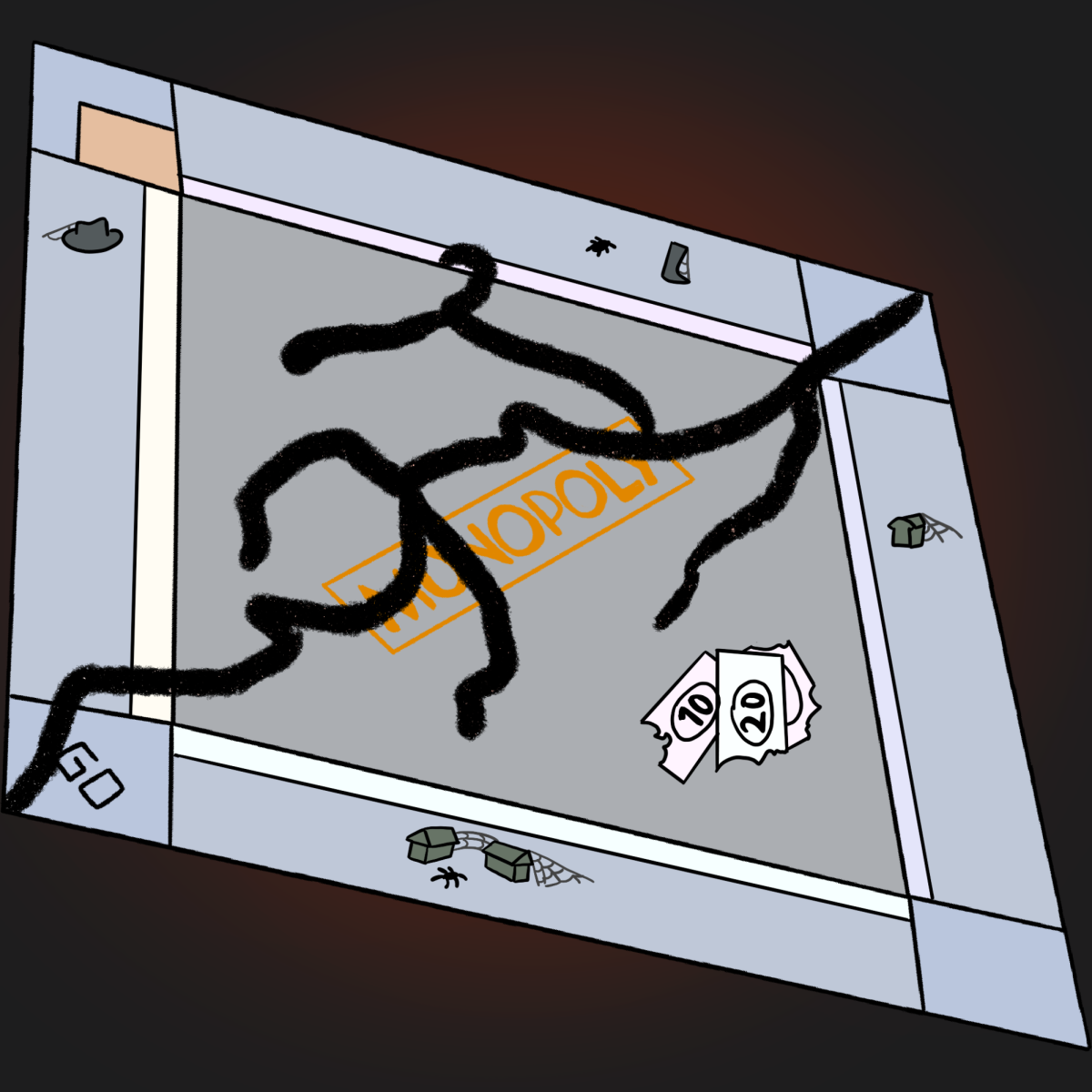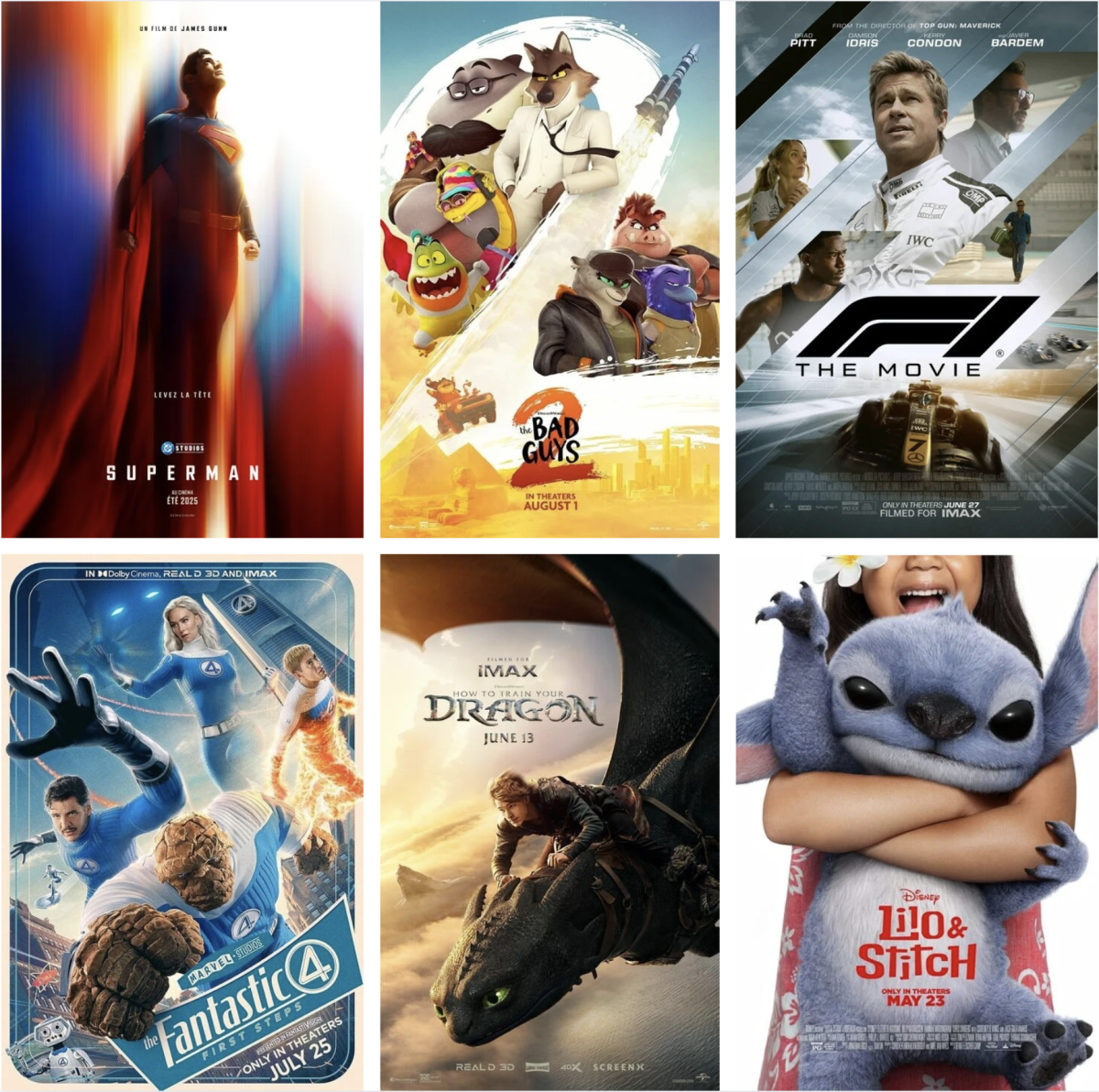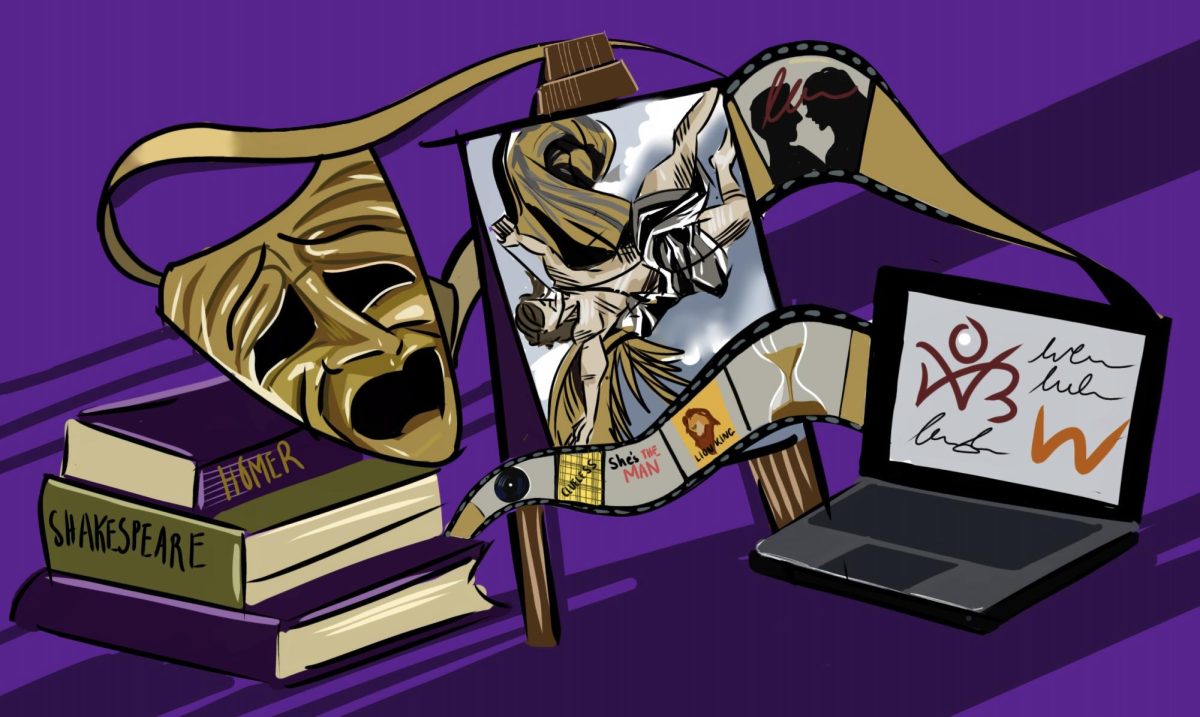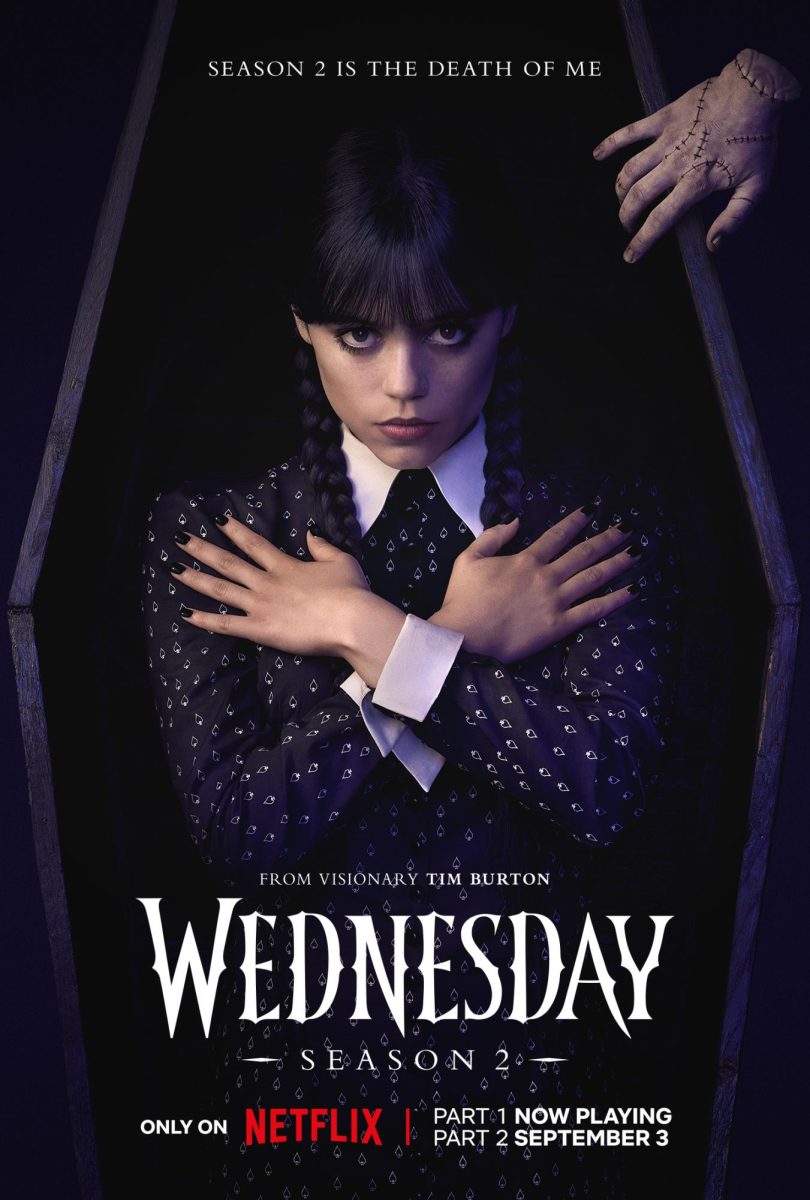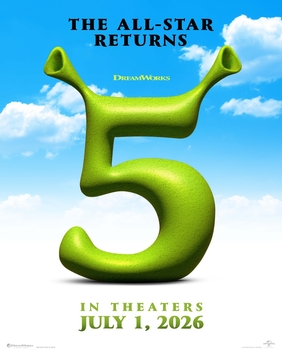
In the past few years, Hollywood has been spatting out a storm of endless sequels, reboots and spinoffs one after another. With recent announcements that “Shrek 5” and “Frozen 3” are officially in development, fans are beginning to argue that franchises don’t have the quality or originality it takes to revive timeless classics. Instead, they’re slowly chipping away at the heart of the original, erasing the very nostalgia that made us love them in the first place.
Whenever we revisit our beloved movies, we’re washed over by a wave of nostalgia. Watching these old films carries us back to our childhood, rekindling memories of the wonder and comfort we felt when we first experienced them. The films become something more than simply stories flashing on a screen, transforming into small time capsules that connect us to our past and string a link that keeps us coming back.
The reality now is that modern cinema has been flooded by a surge of sequels, spinoffs and other remakes. Franchises often capitalize on fans’ emotional attachment to the original film, using their nostalgia to churn out unnecessary sequels for a quick buck. For fans, this overmilking has been stretched too far, and it shows.
The “Shrek” franchise is one of many criticized for its sequels that water down the original narrative. While initially a beloved movie for its lively humor and subversive take on fairy tale tropes, the franchise has increasingly drawn criticism for its decline in quality. In particular, “Shrek the Third” and “Shrek Forever After” struggled to capture the original film’s charm, earning less-than-stellar ratings from fans and critics alike. Often relying on recycled jokes and plotlines, subsequent installments have wiped away the magic that made the first film a cultural phenomenon, tarnishing the legacy of the original for many fans. “Shrek” sequels exemplify Hollywood’s tendency to prioritize profit over creativity. Although the franchise also had a fair number of sequels that did live up to the quality they promised, the equal number of second-rate ones was more than enough to topple the whole franchise down.
“Frozen 2” was yet another sequel that flopped next to the timeless classic “Frozen.” Similar to how some of Shrek’s sequels were unable to reignite the nostalgia of the original, “Frozen 2” lacked the magical charm its predecessor held. The film’s convoluted mess of a plot disappointed many viewers and left them feeling that the sequel was a forced attempt to expand the franchise.
However, this isn’t to say that all franchises lack innovation and creativity. The “How to Train Your Dragon” franchise is a clear example of how, when crafted with care, sequels can add new dimensions to the original and create an evolving, profound story. Each film of the franchise explored new complex themes that added layers of meaning to the original. Fans who grew up with the first “How to Train Your Dragon” were able to see their beloved characters grow, strengthening the bond with the series even further. When done right, franchises can spark even more connections with the film.
Besides the quality of these sequels, some fans are even concerned about what franchises mean for the art of filmmaking as a whole. Hollywood’s tendency to overmilk franchises has become a defining characteristic of modern cinema, following familiar formulas rather than taking a creative risk. Franchises are visibly limiting the exploration of new ideas, voices and styles, and instead of fostering originality, they narrow creative possibilities in filmmaking.
In the rapidly evolving world of entertainment, Hollywood’s paradigm shift of prioritizing movie franchises over innovative standalone films has changed mainstream cinema and reshaped the industry. The shift to franchise-building has created a mountain of repetitive stories, emphasizing the need to respect the legacy of original narratives.
With “Shrek 5,” “Frozen 3” and a long list of other movies coming into theaters in the not-so-far future, it seems that the pumping-out of sequels will never come to an end. As more franchises are expanding, one thing is becoming increasingly clear: no prequel, sequel, remake, spinoff or reboot can reignite the original nostalgia that the first films instilled in our hearts when we first watched them as children. Until Hollywood acknowledges this reality, it may be a long time before we get a breath of fresh air in the film industry.

